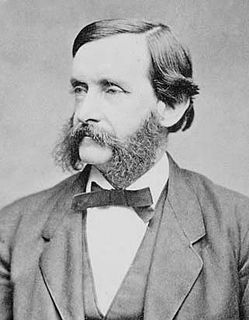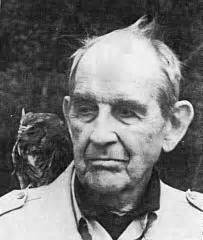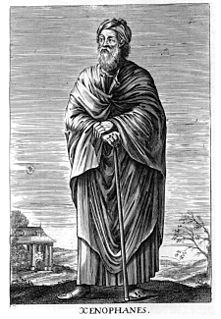A Quote by Ralph Waldo Emerson
I find the Englishman to be him of all men who stands firmest in his shoes. They have in themselves what they value in their horses, mettle and bottom.
Related Quotes
He spoke of his campaigns in the deserts of Mexico and he told them of horses killed under him and he said that the souls of horses mirror the souls of men more closely than men suppose and that horses also love war. Men say they only learn this but he said that no creature can learn that which his heart has no shape to holo
The Englishman's strong point is his vigorous insularity; that of the American his power of adaptation. Each of these attitudes has its perils. The Englishman stands firmly on his feet, but he who merely does this never advances. The American's disposition is to step forward even at the risk of a fall.
Men in all societies possess the biological equipment to remove their hats or shoes, but it is the birth within a particular culture that decides that a Jew will keep his hat and shoes on in his place of worship, a Mohammedan will take off his shoes, and a Christian will keep his shoes on but remove his hat.
Well could he ride, and often men would say, "That horse his mettle from his rider takes: Proud of subjection, noble by the sway, What rounds, what bounds, what course, what stop he makes!" And controversy hence a question takes, Whether the horse by him became his deed, Or he his manage by the well-doing steed.
We long for our father. We wear his clothes, and actually try to fill his shoes. . . . We hang on to him, begging him to teach ushow to do whatever is masculine, to throw balls or be in the woods or go see where he works. . . . We want our fathers to protect us from coming too completely under the control of our mothers. . . . We want to be seen with Dad, hanging out with men and doing men things.
He didn't want the respect of people who weren’t worth wiping his nose on—people who weren't worth the spatout gum attached to the bottom of his worn-out shoes. The only respect he wanted was from himself and the people who really mattered in his life. The people who really loved and cared about him.








































